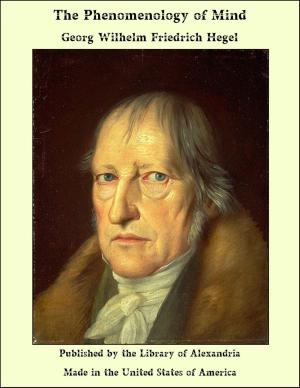| Author: | Unknown | ISBN: | 9781465580405 |
| Publisher: | Library of Alexandria | Publication: | March 8, 2015 |
| Imprint: | Language: | English |
| Author: | Unknown |
| ISBN: | 9781465580405 |
| Publisher: | Library of Alexandria |
| Publication: | March 8, 2015 |
| Imprint: | |
| Language: | English |
THE sacred task of translating the Word of God, as revealed to Israel through lawgiver, prophet, psalmist, and sage, began at an early date. According to an ancient rabbinic interpretation, Joshua had the Torah engraved upon the stones of the altar (Joshua viii. 32) not in the original Hebrew alone, but in all the languages of mankind, which were held to be seventy, in order that all men might become acquainted with the words of the Scriptures. This statement, with its universalistic tendency, is, of course, a reflex of later times, when the Hebrew Scriptures had become a subject of curiosity and perhaps also of anxiety to the pagan or semi-pagan world.
THE sacred task of translating the Word of God, as revealed to Israel through lawgiver, prophet, psalmist, and sage, began at an early date. According to an ancient rabbinic interpretation, Joshua had the Torah engraved upon the stones of the altar (Joshua viii. 32) not in the original Hebrew alone, but in all the languages of mankind, which were held to be seventy, in order that all men might become acquainted with the words of the Scriptures. This statement, with its universalistic tendency, is, of course, a reflex of later times, when the Hebrew Scriptures had become a subject of curiosity and perhaps also of anxiety to the pagan or semi-pagan world.















